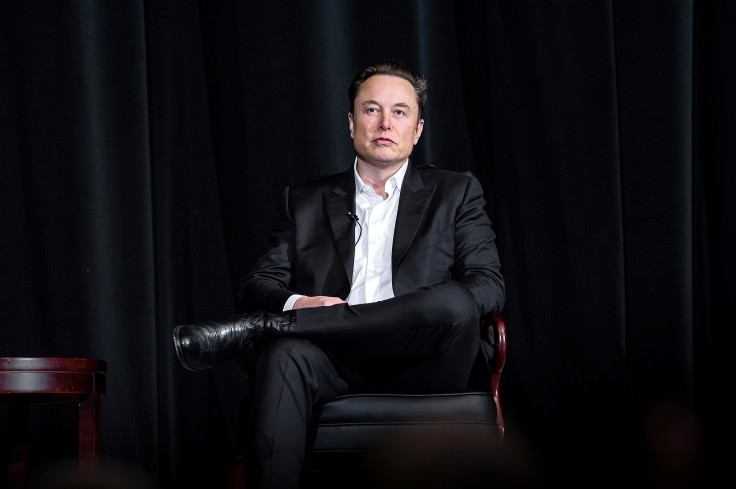Elon Musk Calls for Immediate Dismissal of Disney CEO Amidst X Ad Boycott
The unexpected commentary from Musk has stirred an ad boycott from Disney and a discussion on the intersection of business and public responsibility.

Renowned entrepreneur and SpaceX CEO Elon Musk has ignited controversy by publicly calling for the immediate termination of Disney's CEO in the wake of a widespread boycott against the company's latest X, formerly Twitter, ad campaign.
Musk's bold statement has sent shock waves through both the tech and entertainment industries, raising questions about corporate responsibility and the power dynamics within multinational conglomerates.
In a series of outspoken remarks, Musk, who recently endorsed an antisemitic tweet, has expressed his dissatisfaction with companies suspending their advertising campaigns on the platform, previously known as Twitter.
Musk took to Twitter himself, stating: "Walt Disney is turning in his grave over what Bob has done to his company. He should be fired immediately."
This latest episode adds to Musk's recent series of controversial statements and actions, drawing attention not only to the X platform's ad boycott but also to broader discussions about accountability and leadership within major corporations.
Major advertisers, such as Disney, IBM, and Apple, have temporarily halted their advertising expenditure on X.
Elon Musk, who acquired the platform for $44 billion in October of the previous year, triggered the suspension of ad spending when he publicly endorsed a tweet that made derogatory accusations against Jewish people, alleging "hatred against whites" and deeming it as "the actual truth".
The unexpected commentary from Musk has stirred discussions on the intersection of business, creative expression, and public responsibility.
Industry analysts speculate about the potential impact of Musk's words on Disney's stock and reputation, as his influence extends beyond the tech sector into popular culture.
Disney has not issued an official response to Musk's comments, but industry insiders suggest that the company is likely to face increased scrutiny in the coming days.
The X ad boycott, already gaining momentum on social media, has elicited mixed reactions, with some supporting the call for accountability while others defend Disney's creative choices.
Critics argue that Musk's demand for the CEO's dismissal oversimplifies the complex dynamics involved in creative decision-making within large corporations.
They emphasise the need for constructive dialogue and a nuanced understanding of the challenges faced by executives in balancing artistic expression with corporate responsibility.
In a widely circulated interview at the New York Times DealBook summit last week, Tesla and SpaceX CEO Elon Musk launched a profanity-laden critique against advertisers participating in the boycott.
"Don't advertise," Musk declared. "If someone's going to try to blackmail me with advertising, blackmail me with money, go fuck yourself."
Despite denying accusations of antisemitism regarding his controversial tweet, Musk offered an apology, acknowledging it might have been the "dumbest" thing he has ever shared on social media.
"I mean, look, I'm sorry for that... post," he expressed remorsefully. "It was foolish of me. Of the 30,000, it might be literally the worst and dumbest post I've ever done. And I've tried my best to clarify six ways from Sunday, but you know, at least I think it'll be obvious that, in fact, far from being antisemitic, I'm, in fact, philosemitic."
Following the contentious tweet, Musk visited Israel and met with Prime Minister Benjamin Netanyahu. However, the discussions did not broach the controversial post or the topic of antisemitism.
Reflecting on the challenges faced by his social media platform, X, Musk, who revealed in July that ad revenue on the platform had halved, acknowledged it had been a "hell of a year". He candidly admitted to occasionally misspeaking, stating: "I sometimes say the wrong thing."
As the controversy unfolds, industry experts are closely watching how Disney responds to both the X ad boycott and Elon Musk's provocative demand for a change in leadership.
The intersection of technology, entertainment, and corporate governance is in the spotlight, and the repercussions of this clash are likely to reverberate throughout the business and creative spheres in the days to come.
© Copyright IBTimes 2025. All rights reserved.






















